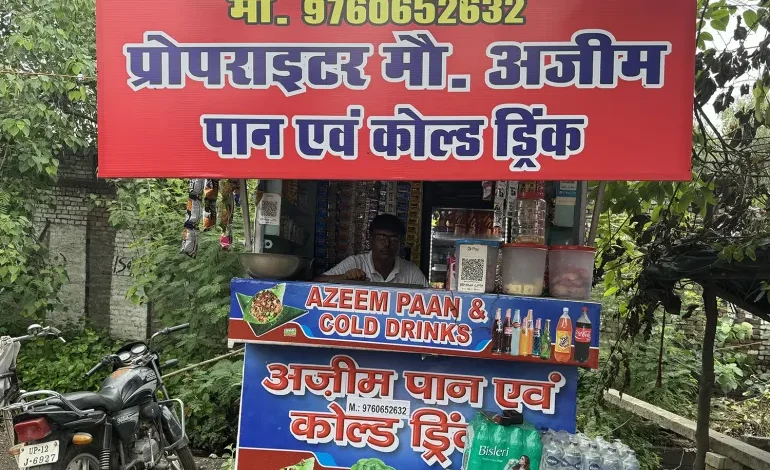Why BJP’s election upset failed to halt the persecution of Muslims in India
Apoorvanand

Muslims continue to be persecuted in India despite the weakening of the Hindu nationalist Bharatiya Janata Party (BJP), the fountainhead of anti-Muslim hate and violence, in the recently held elections.
The BJP failed to secure a majority and was only able to form a government with support from a number of regional parties which claim to be secular. It was hoped that having a smaller number of MPs in the Parliament of India would chasten the BJP and its new “secular” allies would act as a brake on the party’s anti-Muslim policies.
Just over a month after the formation of the new government, those hopes have already been belied. Authorities in BJP-led states, including the police and civil administration, have started inventing novel methods to harass, humiliate and attack Muslims following the election.
The most recent example is from Uttar Pradesh, the BJP-ruled state that sends the largest number of MPs to Parliament.
Earlier this month, the state police issued orders requiring restaurants and even roadside food carts along a route taken each year by thousands of Hindu pilgrims to put the names of their owners and employees on display boards.
The police claimed the order was given to “help pilgrims” who travel on foot to sacred sites during the holy month of Shravan to avoid buying food from establishments that may be serving items that do not conform with the holy conduct that they have to follow in their pilgrimage.
The states of Uttarakhand and Madhya Pradesh quickly followed suit and issued similar orders, making it compulsory for all their business establishments to display the names of their owners and their employees prominently. The authorities in the city of Ujjain in Madhya Pradesh, an important Hindu pilgrimage destination, went as far as to say that those who fail to implement the order would be penalised with hefty fines.
This, of course, is not just an innocent policy “helping” Hindu pilgrims keep to their vegetarian diet, but a clever way of identifying establishments owned by Muslims and ensuring that Hindus do not give them their business.
The authorities deny that the policy is discriminatory towards Muslim businesses, claiming that it is “religion neutral”. They say the new requirement does not target any particular religious group, but fail to explain how knowing the names of a restaurant’s owners and employees helps Hindu devotees decide whether it serves food that is in line with their dietary requirements.
The authorities say past instances of restaurant owners “hiding their identities” led to “confusion” in the minds of the Hindu devotees, which in turn caused “law and order problems”. What the police mean by this is that some Muslim business owners gave their eateries Hindu-sounding names, and when some of the pilgrims eventually learned that the owners or employees were actually Muslim, they indulged in violence. The police’s argument is that making all business owners and restaurant employees announce their names up front would prevent disorder and violence.










